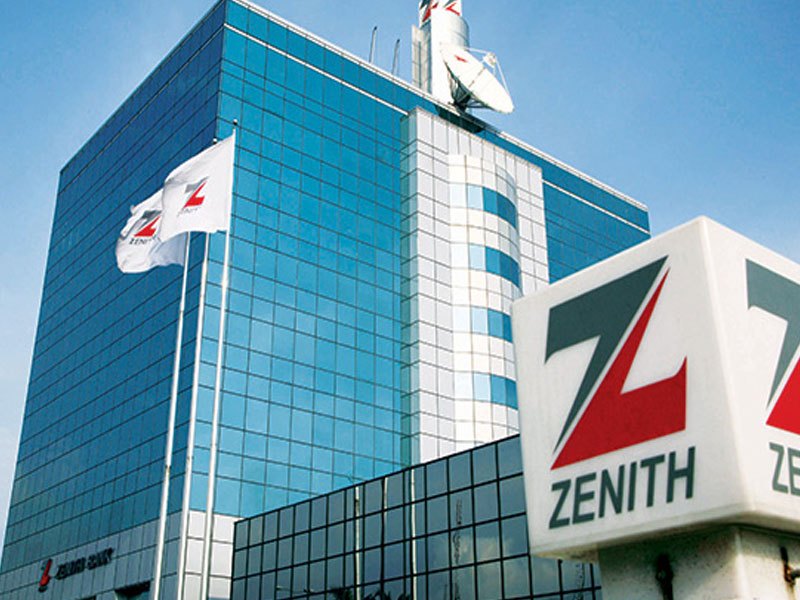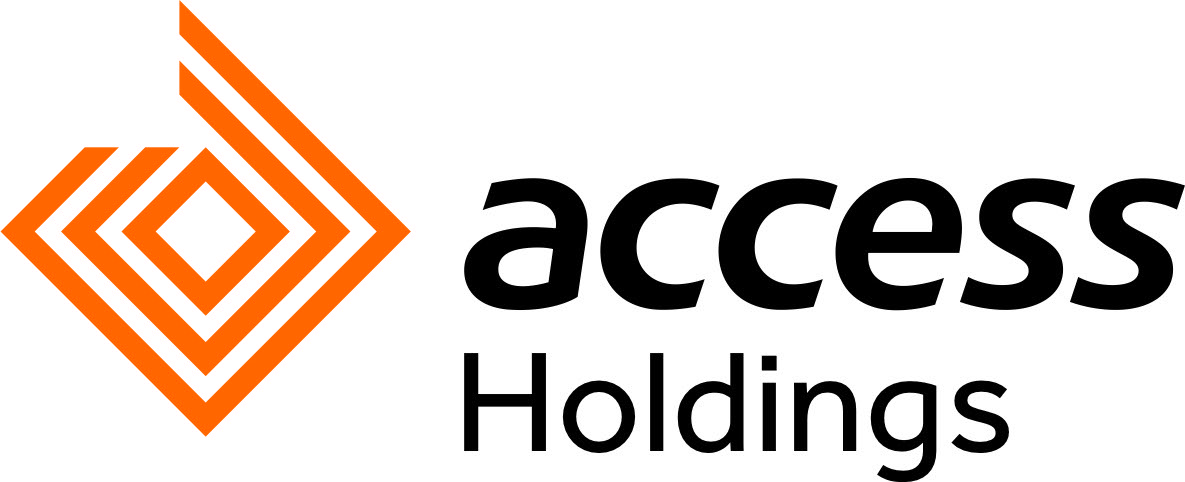· Net interest income of N67.77billion, down 10.72%q/q , 6.02%y/y
· Non-interest income of 57.00billion, down 18.39%q/q, up 21.21%y/y.
· Profit before tax of N63.16billion, up 14.14%q/q, down 2.09% y/y.
· Profit after tax of N55.49billion, up 4.11%q/q, down 10.27%y/y..
Lower OPEX and Credit losses Drive q/q performance
Recently, Zenith bank released its Q3 2020 result which showed a 14.14%q/q increase in PBT. This was driven by the 94.07%q/q decline in Impairment charges and 14.22%q/q fall in OPEX which offset the 10.72%q/q decline in Net Interest Income (NII) and 18.39%q/q fall in Non-interest income. The decline in NII was due to the surprise spike in interest expense ( +27.62%q/q) while the decline in Non-interest income was due to lower trading income (-28.55%q/q) and a 95%q/q fall in Other income. Net Interest Margin declined to 8.3% from 9.00% at the end of Q2 2020 due weak asset yields as interest rates remain low. We further highlight that the bank’s margin was lower than 9.48% recorded by GTB in the same period.
Jump in OPEX and Weak NII
On a y/y basis, Net Interest Income declined by 6.02%y/y to N67.77billion while Non-interest income rose by 21.21%y/y to N57billion. As a result of the improvement in Non-interest income, Profit Before Provisions rose by 4.73%y/y to N124.77 billion.
As a result of the increase in OPEX, cost to income ratio rose by 240bpsy/y to 52.50% in at the end of Q2 2020. This is well above the bank’s 2020 guidance of 48% for cost to income ratio. In addition, this is still above GTB’s ratio of 40.18% in the same period. The bank’s cost of risk rose by 10bps y/y to 1.3% compared to GTB’s ratio of 0.63% as the jump in impairment increased cost of risk. As a result of the rise in OPEX, PBT declined by 2.09%y/y to N63.16billion in Q3 2020.
Stable PBT despite jump in loan impairment
For 9M performance, the bank recorded a somewhat flattish change in PBT as it only rose by 0.62%y/y to N177.28billion. This was driven by the 4.92%y/y improvement in Net Interest Income and the 10.67%y/y rise in Non-interest Income which offset the 37.51%y/y jump in loan impairment and 10.93% increase in OPEX. Net Interest Margin declined to 8.3% from 8.7% in FY 2019 as earnings yield remained weak despite the fall in cost of funds to 2.2% from 3.0% in FY 2019. Overall, ROE was down by 230bps to 21.5% and ROA fell by 40bps to 3.0%.
As a result of the increase in loan book, the bank’s asset quality improved as its NPL ratio fell to 4.80% from 4.95% in FY 2019. This is above the bank’s NPL guidance of 4.20% in 2020 but still below regulatory benchmark of 5.0%. Regardless of the current CBN’s drive to boost credit to the real sector, we expect NPLs of most, if not all, banks to increase in 2020 given the current pandemic and its attendant effects on the economy.
Outlook
Going forward, while we expect the bank to meet its conservative loan growth target of 2.0% given what the bank has done so far in 2020 (+17%ytd), we expect the bank to focus on cost containment and risk management given the potential effects of the current pandemic which may continue to reflect on Q4 2020 numbers albeit better than Q2 and Q3 numbers.
Nonetheless, we expect the bank’s LDR to be in line with the CBN guidance as its current LDR of 63.2% (Bank level) is just below the CBN target of 65%.
With the continuous fall in interest rate across different markets, we expect the bank’s Net Interest Margin to be pressured despite the low cost of funds. Elsewhere, the bank’s CAR of 21.5%, though weaker than 22.0% as at 31st December 2019, is well above regulatory requirement of 15%. As such, the bank is still on a strong footing to weather the current storm.
Overall, while most banks have applied for loan restructuring with the CBN, we still think the current pandemic is a major risk to banks. However, we believe Zenith bank is one the quality names in the sector which should thrive as the bank remains resilient (efficiency and strong capital base) in the face of weak macroeconomic environment.
Source: InvestmentOne Report













